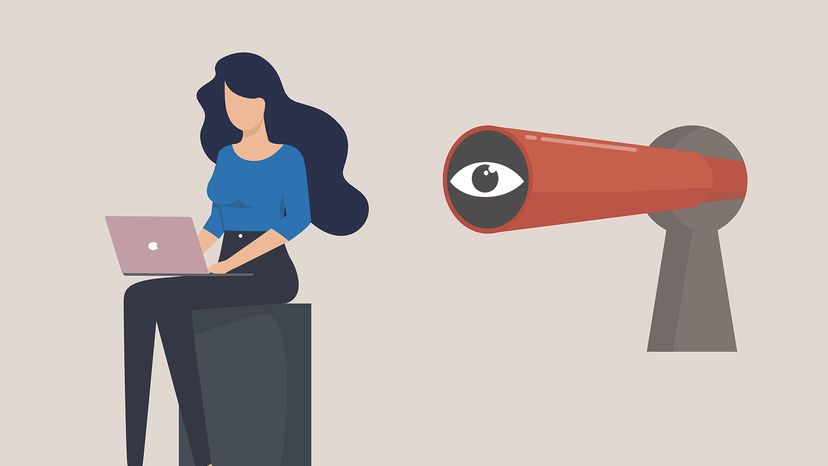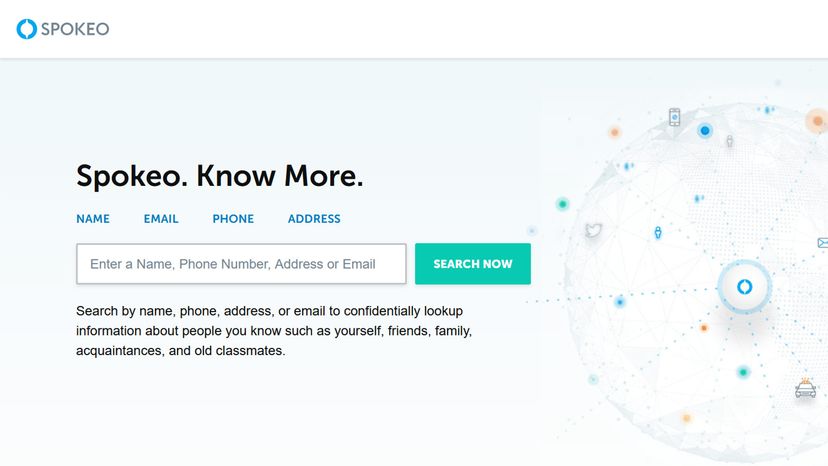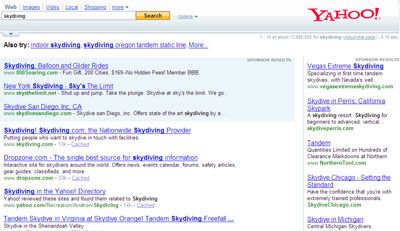
Figuring out how to remove personal information from internet sites and data brokers can be a real chore, It can be unnerving to enter your own name into a search engine and see results about you that may include your address, age, phone number and more. Where did they get it? What are they using it for? Can you make them remove it?
Businesses and governments have been collecting information about people for centuries. William the Conqueror famously commissioned a record of property ownership in England back in 1085 called the Domesday Book. It wasn't a detailed census, but it did include the names of people who owned property and where that property was.
Advertisement
Of course, those records were handwritten and few people could read, making access to the general public essentially nonexistent. Nowadays, many records are created digitally or digitized for easier access. This makes working with and sharing that information easier for everyone. Government data including vital records, tax information, voting details, salaries of government employees and more are required to be public by law. The laws differ by location on what must be made available, how much and when, but at least in the United States it's probable that some, if not all, of those details are legally available. If William had had Zillow, there would have been no need for the Domesday Book.
Before everyone had access to the internet, someone would have had to go to the appropriate records offices (or in some cases mail a request) to get that information. Now with a little know-how, time and energy, it's much easier to collect data that most people consider sensitive or even private. Many laws restrict how much information can be shared by an individual agency, but with a little from here and a little from there, someone can put together details and build a public profile about you.
If you've searched for your own name and found information about yourself on the first page, chances are you're seeing results from sites called people finders. These sites take legally available information and build profiles that they make available online.
Many of these sites offer the user access to email, phone number or other identifying information (sometimes even your Social Security number) and things like your date of birth, home address, previous residences, your home's valuation, the names of your relatives, your religion, your ethnicity, hobbies, places of employment, sites where you have accounts and a host of other personal details. These data brokers will often display a good bit of information for free, and provide lots of other information, including legal and criminal records, for a fee.
Advertisement



